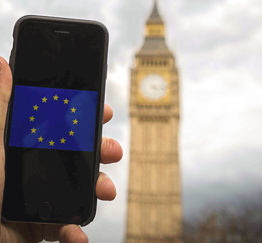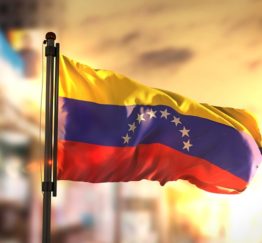Subsequent to President Barack Obama’s December 2014 announcement that he was easing trade and travel restrictions to Cuba, and ahead of his historic visit to the island nation on March 21, 2016, the Office of Foreign Assets Control (OFAC) has updated its own regulations regarding sanctions on Cuba.
On March 15, 2016, OFAC announced several amendments that will open Cuba up to visits by Americans, and further increase opportunities for trade and commerce between the two nations. These changes follow the recent global shift towards greater engagement with the country—the EU advancing toward bilateral agreements with the Cuban government, and the Rolling Stones’ free concert in Havana scheduled to take place on March 25, 2016, to name just two. Netflix has also announced that it will launch its streaming service there soon. But obstacles still persist on both ends making it less-than-clear for individuals and businesses in the U.S. to know just what is and is not allowed under the new regulatory landscape.
What’s new?
Relaxed travel restrictions
Following February’s statement by the U.S. Department of Transportation that re-established scheduled air travel between the U.S. and Cuba, OFAC has announced that U.S. citizens may now travel to Cuba! But wait—a warning for those who’ve longed dreamed of carousing in Cayo Coco, while consuming Cohibas and Cuba Libres with real Coca-cola—there has been no wholesale lifting of travel restrictions. Under the new regulations, individuals will only be authorized to travel to the island nation for “educational” purposes, which include improving U.S.-Cuban civil relations and “promoting the Cuban people’s independence from Cuban authorities,” among others. Once granted authorization, diligent records must be kept that demonstrate to OFAC that travelers have indeed completed the activities for which they’ve been authorized, so this isn’t an opportunity to promise one thing and do another.
Expanded trade and commerce activities
Like travel, there has been no general lift of trade and commerce sanctions, but some related to commercial activities previously authorized have now been relaxed. Physical and business presence has been expanded upon for entities engaged in authorized activities—the former for humanitarian, and research and educational activities, for example; the latter, joint ventures with Cuban exporters authorized to export or re-export. And while business travelers’ itineraries cannot include free time, leisure activities or recreation in excess of their authorized schedule, there’s doesn’t seem to be any rule that explicitly states that said authorized activity can’t be conducted on the beach.
Among some of the other amendments? The Bureau of Industry and Security (BIS) is now authorizing vessels to transport authorized cargo from the U.S. to Cuba, and then on to other countries with any remaining cargo. And Cuban private sector exporters—and therefore U.S. importers—are likely to benefit from a new BIS licensing policy that will review items on a case-by-case basis.
Proceed with caution
Other restrictions have been also softened, such as limited provisions for awarding education grants, allowing the importation of Cuban-origin software into the U.S., and permitting USD cash and travelers’ checks, presented indirectly by Cuban financial institution to be processed, but there is still much that has to happen before U.S. individuals and entities can be assured it’s safe to engage in commercial or trade activities with Cuba. OFAC continues to impose hefty fines on companies violating the Cuba sanctions. As recently as February 2016, two subsidiaries of Houston-based Halliburton Energy Services, Halliburton Atlantic and Halliburton Overseas, were fined over $300,000 for allegedly violating the Cuban Assets Control Regulations (CACR).
As for just how broad the lifting of sanctions will ultimately be is still unclear, for despite these seemingly minor amendments, the U.S. government continues to face criticism and resistance from both Republicans and Democrats alike. Interestingly, 2016 Cuban-American Republican presidential hopefuls, Ted Cruz and Marco Rubio, both strongly oppose these regulatory changes and have vowed to reverse Obama’s Cuba policies should they be elected. With so much in still in the air, both U.S. citizens and businesses would be wise to continue as they always have—paying heed to the laws—when it comes to complying with OFAC, export and other trade regulations that pertain to Cuba.





